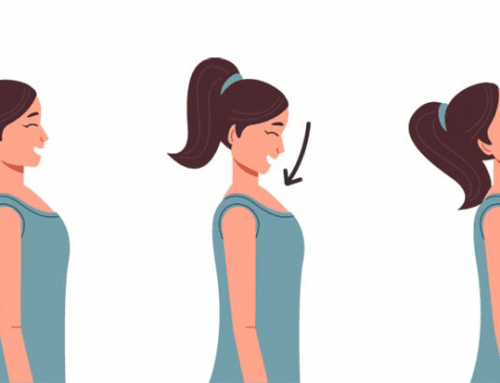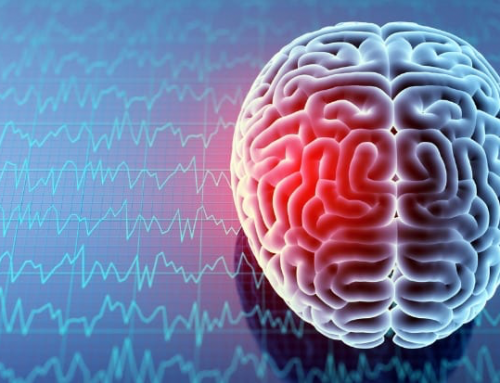 When you hear the term whiplash, like many people, you probably think of a car accident, but whiplash can occur with any car-accident-like sudden jolt to the body and could come in the form of a sports injury, getting punched, or even being shaken during a domestic or other violent attack.
When you hear the term whiplash, like many people, you probably think of a car accident, but whiplash can occur with any car-accident-like sudden jolt to the body and could come in the form of a sports injury, getting punched, or even being shaken during a domestic or other violent attack.
During a whiplash causing injury, the neck’s soft tissue, which includes muscles, discs, and nerves, gets damaged, leading to pain, inflammation, and potential loss of mobility, but some of the symptoms of this neck injury may surprise you because they’re not all directly related to the neck. Let’s take a look at five such symptoms of which you need to be aware.
1. Headache
If you begin getting regular or persistent headaches within seven days of a whiplash event, then that headache is likely one of your symptoms. These headaches can last months or longer if you never have the whiplash injury treated. Whiplash headaches are cervogenic, meaning that the pain moves up from the cervical spine (neck). They often work their way up to one side of the head, which could lead a doctor who isn’t aware of your whiplash injury to mistakenly give you a migraine diagnosis, but if it’s a whiplash-induced headache, migraine medications might only mask it until you address the spinal issue.
A physician might also miscategorize a whiplash-induced headache as a “rebound headache” because the headache recurs so frequently, but it’s not a rebound from headache medications causing it and it’s important to get a proper diagnosis to find relief.
According to the National Institute of Neurological Disorders and Strokes, a whiplash patient’s prognosis is good. Most symptoms leave within a few days; others may stick around for months, but in some cases, if the whiplash injury hasn’t been treated, pain and headaches may last a lifetime.
2. Tingling in your hands/arms
Your spinal cord travels down from your brain through the cervical spine before those nerves branch out through the body. If leaking spinal fluid or misalignments inflamed those nerves, it impacts how signals travel from the brain to the body then back, and this may cause tingling and even loss of feeling in your limbs.
3. Anxiety
A positive correlation exists between whiplash and anxiety, and researchers continue to look at what the cause-effect relationship is between the two, with the consensus leaning toward whiplash-induced anxiety being a form of post-traumatic stress disorder (PTSD), in which you may have experienced such pain and emotional overload at the time of a whiplash event that your body and mind continue to tense and have trouble relaxing, often for months after the event.
4. Memory irregularities/cognitive issues
People who have had a whiplash injury may also suffer with memory recall, problem-solving, and other cognitive challenges. This connection has been supported by studies such as one conducted by the University of Amsterdam, which administered a complete battery of cognitive tests to a study and control group and were able to show a significant decline in memory and cognition among the whiplash study group.
5. Muscle spasms
A spasm is an involuntary muscle contraction, which in the case of whiplash may happen intermittently or in succession, and either way, you find it quite painful. Muscle relaxants may relieve the symptom, but they often have many nasty side effects, so it’s so important to treat the muscle spasm at its source: the whiplash injury.
Symptoms of whiplash
Are you experiencing symptoms like these after a whiplash-type event? You may only be masking symptoms if you don’t get to the source. Your chiropractor at Pro Rehab addresses what’s causing your symptoms, applying techniques to gently and accurately realign your spine using a PulStar® system to analyze the spine for more precise and individualized corrections. Don’t just deal with whiplash-induced symptoms for years. Address the pain, tingling, anxiety, and cognitive issues at their source. Book online today.







